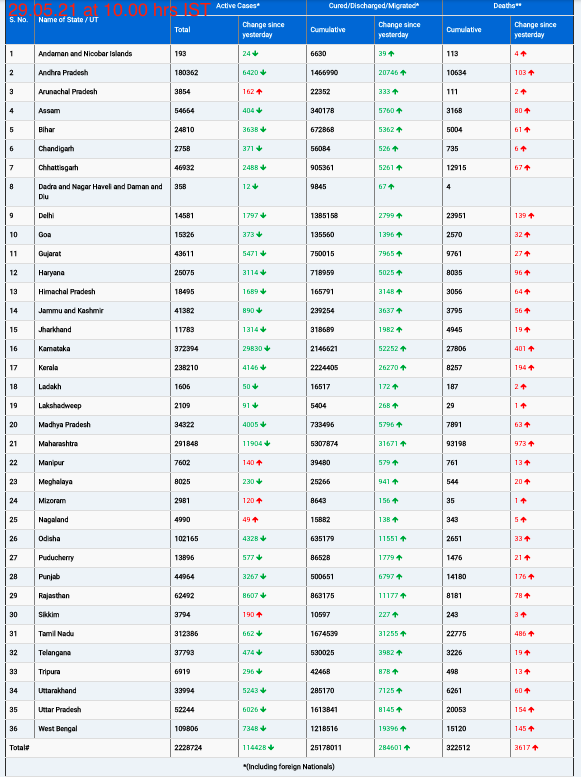A recent study presented to the Temporary Scientific Committee of the French Medicines Agency (ANSM) has raised concerns about the safety of certain progestins used in oral contraception. The study, conducted by the EPI-PHARE scientific group, evaluated the risk of intracranial meningiomas in women using levonorgestrel and desogestrel, both widely used progestins in France. While levonorgestrel showed no increased risk, prolonged use of desogestrel-based contraception in women over 45 was associated with a slight increase in risk.
Study Findings and Analysis
The case-control study analyzed data from 8,391 women who underwent surgery for intracranial meningiomas between 2020 and 2023, using data from the National Health Data System. Researchers assessed the impact of desogestrel (75 µg), levonorgestrel (30 µg), and a levonorgestrel-ethinylestradiol combination (50-150 µg) on meningioma risk.
Findings indicated that levonorgestrel, whether alone or in combination with ethinylestradiol, did not increase the risk of intracranial meningiomas regardless of duration of use. However, a slightly elevated risk was observed in women over 45 who used desogestrel (75 µg) for more than five years, with the risk doubling after seven years. No significant risk was found for those using desogestrel for less than a year, except in women who had previously used other high-risk progestins.
The study estimated that one case of intracranial meningioma requiring surgery occurs for every 67,000 women exposed to desogestrel, with the risk increasing to one case per 17,000 women exposed for more than five years. This risk remains considerably lower than that linked to other progestins, such as cyproterone acetate, chlormadinone acetate, and norgestrel.
Recommendations from ANSM
In light of these findings, ANSM experts issued preliminary recommendations for healthcare professionals:
- MRI Screening: Patients using desogestrel who present symptoms suggestive of meningioma should undergo MRI screening.
- Discontinuation in Case of Meningioma: If a meningioma is detected, desogestrel should be discontinued, and the patient should be referred to a neurosurgeon.
- Review of Progestin History: Before prescribing or altering progestin-based contraception, healthcare providers should assess the patient’s history of progestin use and exposure duration.
- Annual Contraception Review: Physicians should evaluate contraceptive use annually, considering factors such as age, lifestyle, and medical history.
- Restricted Use in Menopause: Desogestrel should be used exclusively for contraception and not for hormone replacement therapy in menopausal women.
Implications for Women’s Health
While the study highlights potential risks associated with prolonged desogestrel use in older women, experts emphasize that the overall risk remains low. Women using progestin-based contraception are encouraged to consult their healthcare providers to assess their individual risk factors and discuss suitable contraceptive options.
Disclaimer: This article is for informational purposes only and should not be considered medical advice. Individuals should consult their healthcare provider before making any decisions regarding contraception or hormone therapy.












